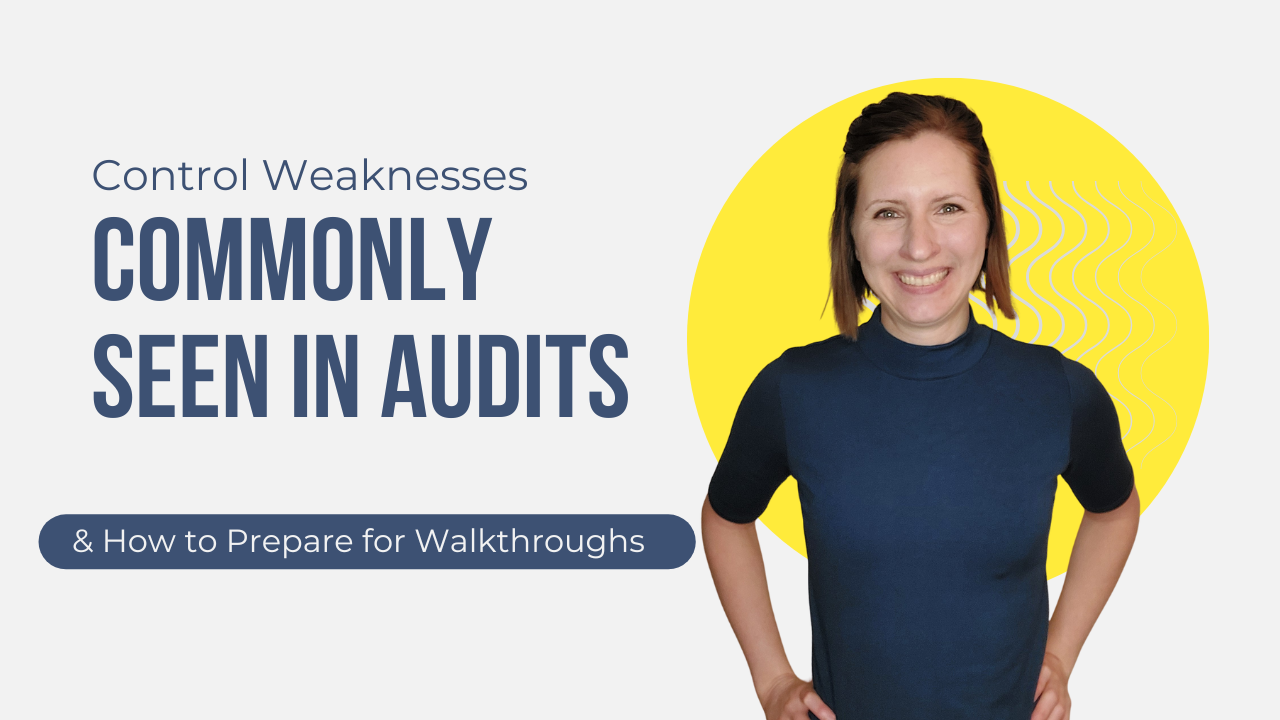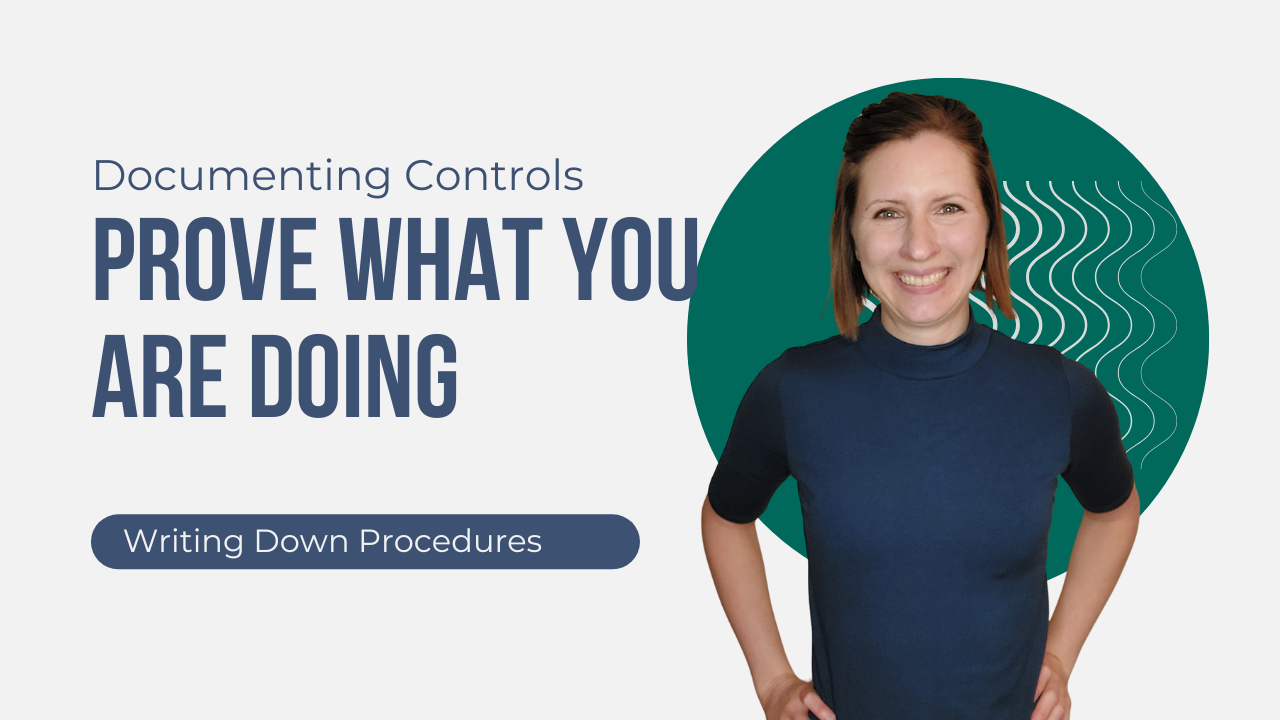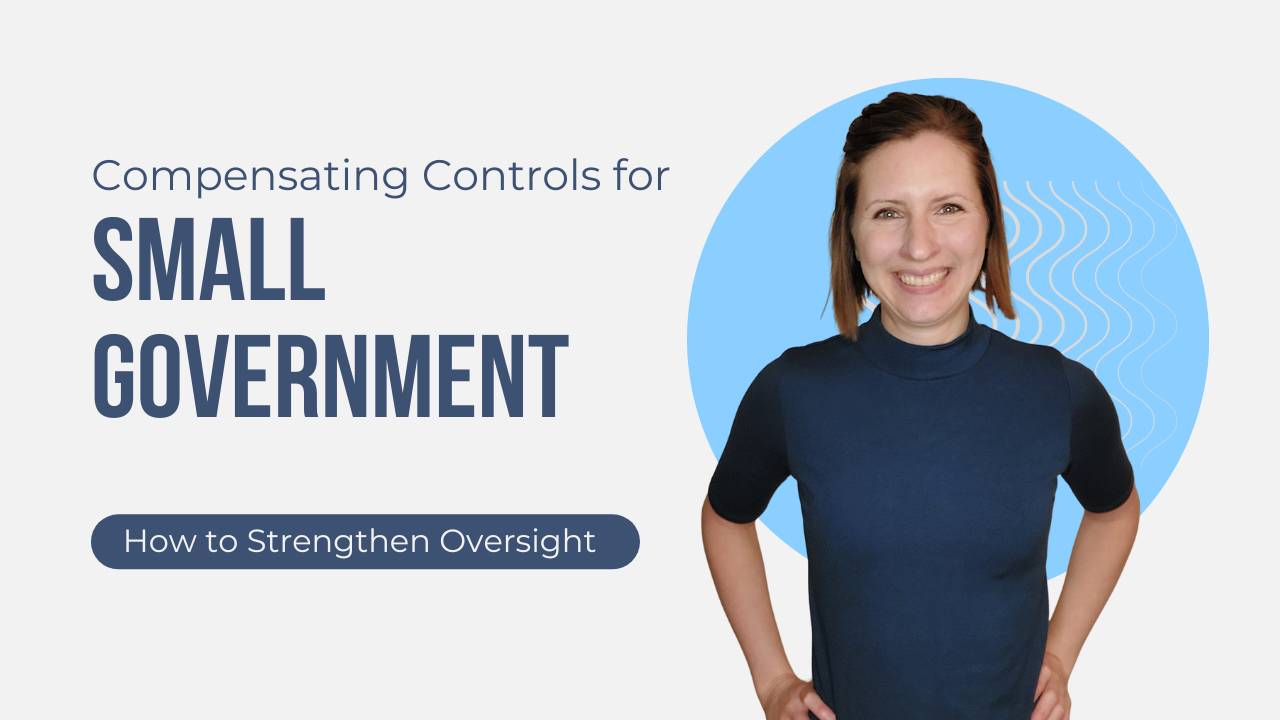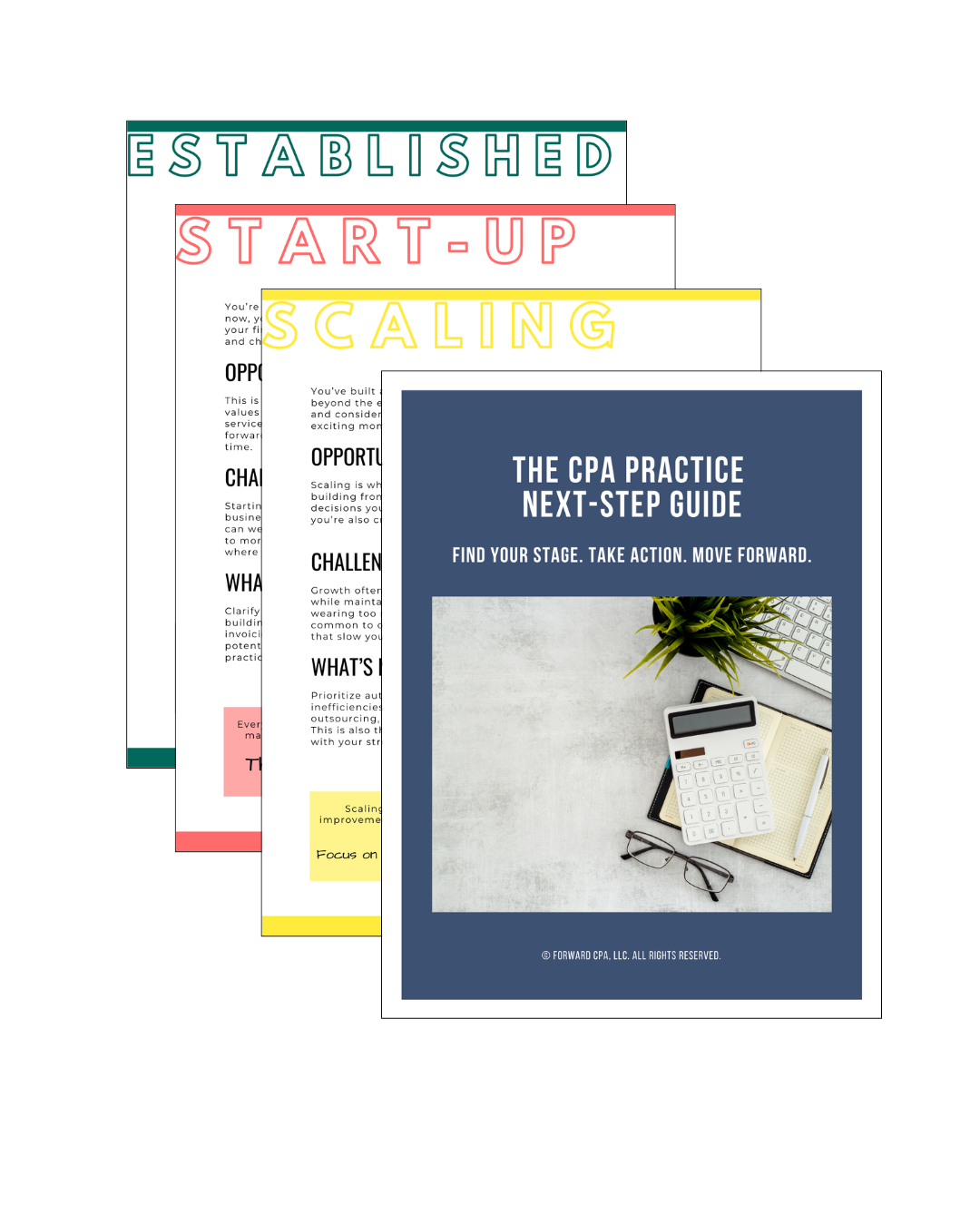How to Prepare for an Audit When You Don't Have a CPA on Staff
May 18, 2025
If you work in a school district, small municipality, or other government entity, you might find yourself in charge of preparing for the audit… without having a CPA on your team.
That’s more common than you think—and it doesn’t mean you can’t have a smooth, successful audit.
But let’s be real: audit prep can be overwhelming.
You’re juggling your normal responsibilities, trying to respond to document requests, and maybe even cleaning up records from the past fiscal year—all under pressure to get everything right.
The good news? You don’t need to be a CPA to get your organization ready.
You just need a plan, a few tools, and clarity around what auditors really need.
Here’s how to prepare for an audit when you don’t have a CPA on staff.
1. Start With the Trial Balance
The trial balance is the foundation of your audit. Before anything else, make sure it’s final, accurate, and includes all year-end adjustments.
What Auditors Need:
-
A final trial balance that matches your general ledger
-
Supporting schedules for major accounts (like cash, receivables, and debt)
-
Adjusting journal entries made after the fiscal year (and documentation showing why they were made)
If you’re unsure how to run or clean up your trial balance, ask your auditor early. It’s better to clarify upfront than lose time later.
2. Gather Documents Using a Checklist
Your auditor should give you a Prepared By Client (PBC) list, which outlines what they need from you. Don’t wait until the deadline—use it as your master audit prep checklist.
Tips to Stay Organized:
-
Create a folder for each audit area (e.g., Cash, Payroll, Debt, Federal Programs)
-
Save all documents with clear, consistent names (e.g., “Bank Statement – June 30”)
-
Use the checklist to track what’s complete, in progress, or missing
-
If something isn’t available, communicate that early
Even better: schedule a short kickoff meeting with your auditor to go through the checklist together.
3. Know What Changed This Year
Auditors don’t just look at the numbers—they also look at what changed from the prior year.
Think about:
-
New grants or funding sources
-
New debt or lease agreements
-
Staffing changes in your finance team
-
Changes in accounting procedures or software
-
Any unusual transactions
Write a quick summary and share it with your auditor during planning. It saves time and shows you’re ahead of the curve.
4. Get Comfortable Asking Questions
You don’t need to know everything. In fact, most auditors would rather you ask questions early than wait until it’s a problem.
If you’re not sure how to pull a report, format a schedule, or understand a request—just ask.
Auditors are there to help guide the process, not to catch you off guard.
And if you need help organizing your workpapers, don’t be afraid to ask what “good” looks like. Most firms have templates or examples they can share.
5. Track Your Audit Adjustments and Requests
If your auditor makes adjusting journal entries, don’t just record them—understand them.
Create a simple log:
-
What was the entry?
-
Why was it needed?
-
Was it a one-time fix or an ongoing issue?
Use this list to prevent the same issues next year. It becomes part of your internal improvement plan—and helps train new staff, too.
6. Do a Post-Audit Review
Once the audit is over, take time to review:
-
What went smoothly?
-
What caused delays or confusion?
-
What documents were hard to pull together?
-
Where do you want to be more prepared next year?
Even if it’s just a one-page note saved in your files, it will make next year’s audit less stressful.
You Don't Need a CPA to Be Audit-Ready
You might not have a CPA on staff—but you have what it takes to lead a successful audit.
With clear records, consistent communication, and a commitment to improvement, your team can confidently handle audit season—year after year.
And the more you treat audit prep as a process (not a one-time scramble), the more efficient and empowered you’ll feel.
Start early. Ask questions. Stay organized.
You’ve got this.
Your Next Step Forward
Join the newsletter designed to help CPAs take the next best step in building a practice they love, with practical insights, game-changing tools, and quick wins in every email.
We hate SPAM. We will never sell your information, for any reason.




